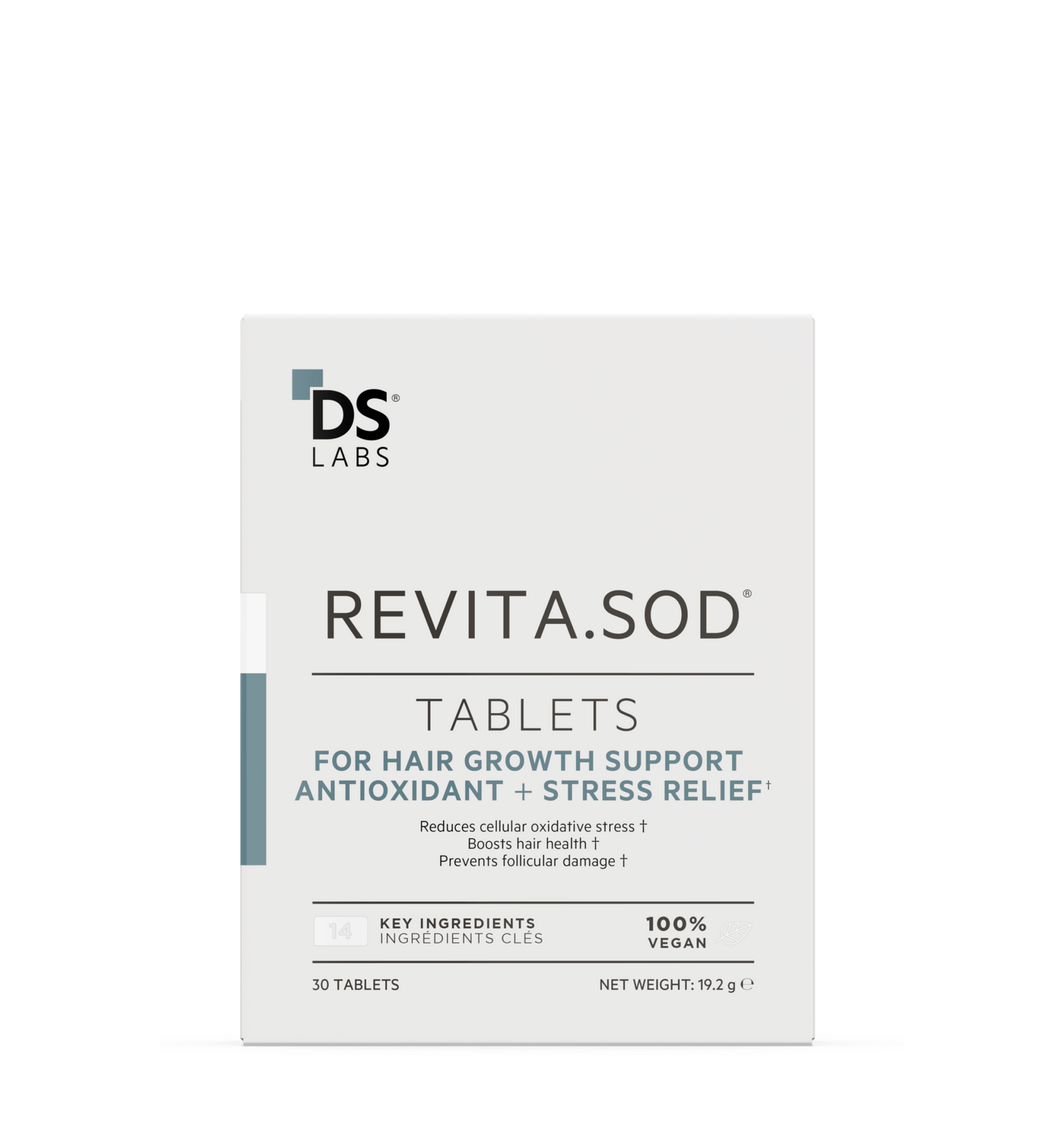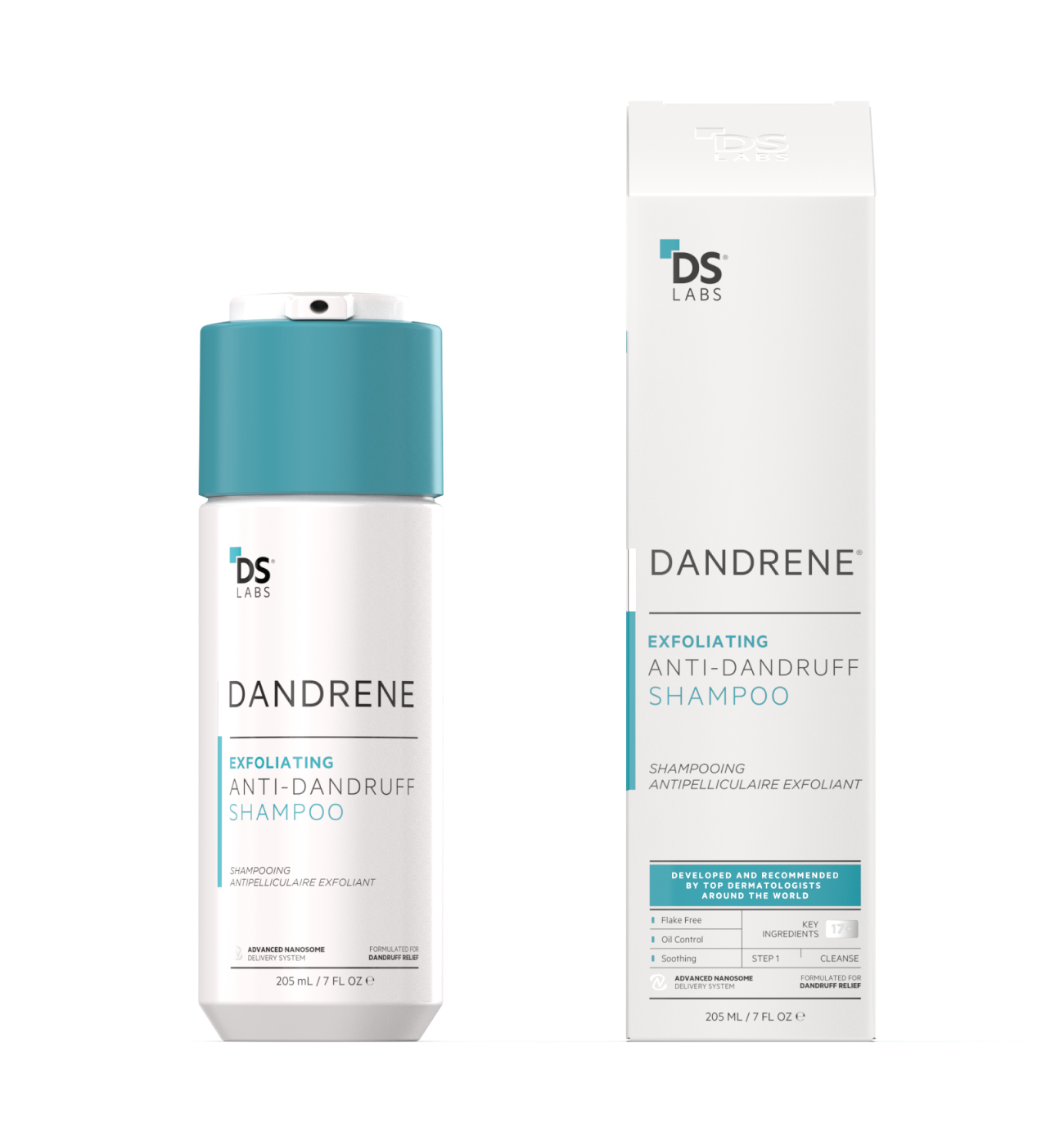A good hair care routine lays the foundation for healthy, vibrant strands—but there’s another key factor that often gets overlooked: sleep. Restful nights play a powerful role in supporting scalp health, hair growth, and overall resilience.
The Sleep–Hair Connection
Hair grows in a natural cycle of growth (anagen), transition (catagen), and rest (telogen). Poor sleep can disrupt this balance. Inconsistent or insufficient rest can elevate cortisol levels, the body’s primary stress hormone, which has been linked to premature hair shedding and thinning.
When cortisol remains high, it can push hair follicles out of the growth phase earlier than normal, leading to increased shedding and weaker regrowth over time.
Why Deep Sleep Matters for Your Scalp
During deep sleep stages, the body enters a state of repair and regeneration. This includes cellular repair across tissues—including the scalp. Adequate rest supports better blood circulation, ensuring hair follicles receive the oxygen and nutrients needed for optimal growth.
Sleep also regulates the production of melatonin, a hormone that not only controls sleep-wake cycles but may also have protective effects on hair follicles.
Scalp Health and Sleep Quality
Poor sleep isn’t just linked to hair thinning—it can also affect the health of the scalp. Chronic lack of rest may contribute to inflammation, a weakened skin barrier, and increased sensitivity, all of which can negatively impact the scalp environment and hair follicle resilience.
Conditions like dandruff or scalp irritation may also become more pronounced with ongoing sleep deprivation.
Small Changes That Make a Big Difference
Prioritizing a consistent sleep schedule can help maintain hormonal balance.
Creating a calming bedtime routine supports relaxation and may help reduce cortisol levels.
Focusing on a healthy lifestyle that includes proper nutrition, hydration, and regular movement can improve both sleep quality and hair health.
Incorporating scalp care into your nightly rituals can help maintain a healthy scalp environment and promote stronger, healthier-looking strands.
The Bottom Line
Healthy hair doesn’t happen overnight—but it does happen while you sleep. Supporting your body’s natural recovery processes with consistent, restorative rest can play a key role in maintaining a healthy scalp and fuller-looking hair over time.















